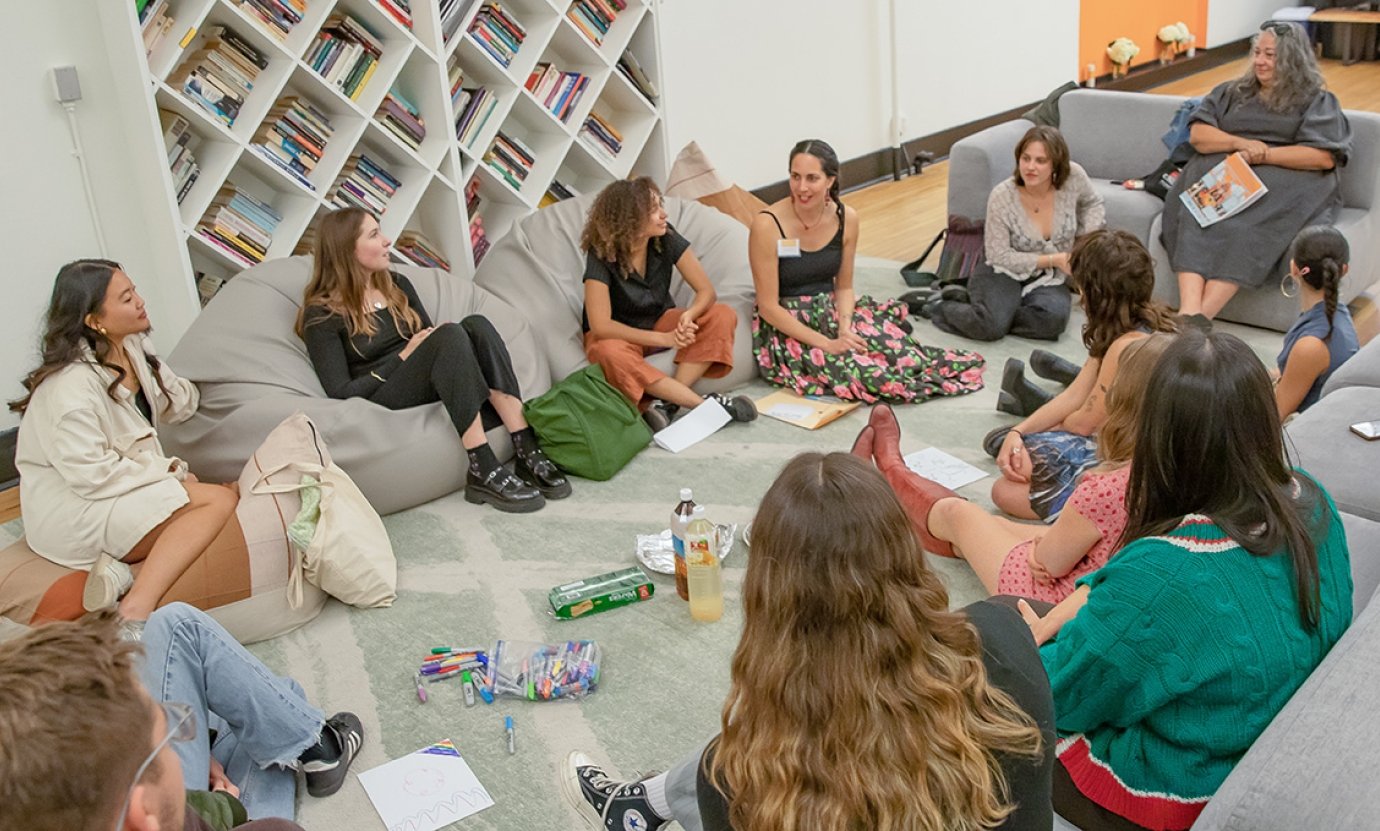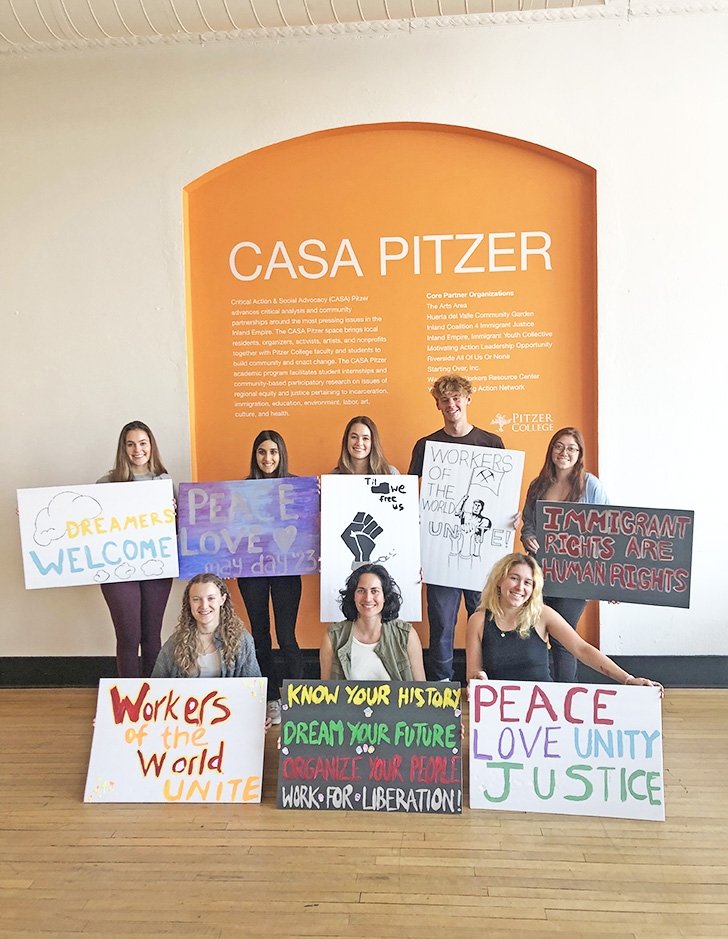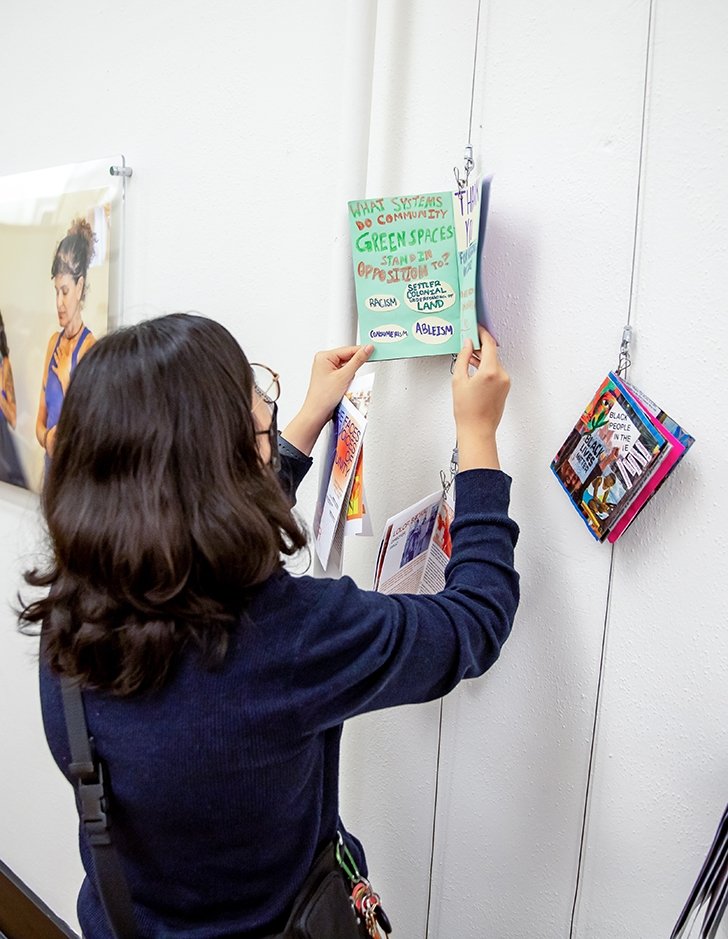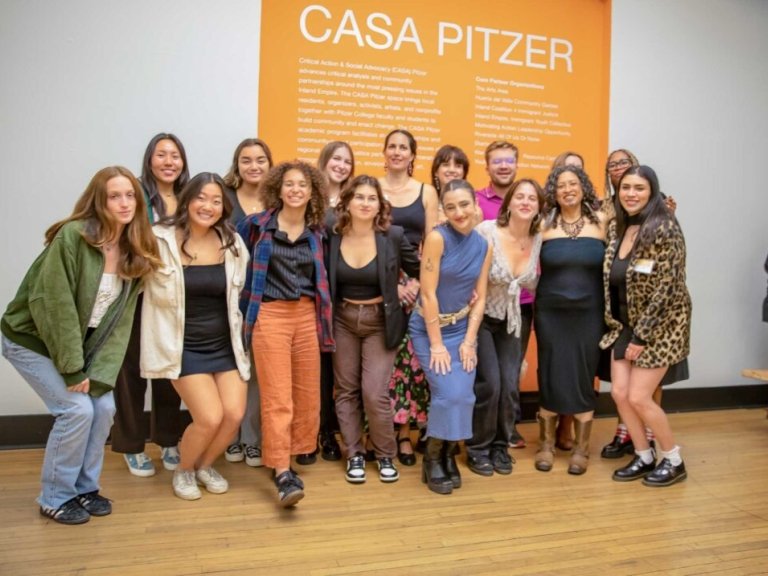Critical Action & Social Advocacy (CASA)
Community-based Participatory Action Research and Healing Justice

“What I learned and experienced in CASA changed my life. It impacted my graduate school, career trajectory and community involvement significantly. I love what I do now professionally and feel like it makes a real impact.”
CASA Pitzer Alum
Cultural Organizing Train-the-Trainer
Cultural Organizing Train-the-Trainer
Artist/organizer Je Naé Taylor from the renowned Highlander Research and Education Center will lead this powerful (& FREE) train-the-trainer this July at CASA Pitzer.
About Us
Critical Action & Social Advocacy (CASA) Pitzer advances critical analysis and community partnerships around the most pressing issues in the Inland Empire.
The CASA Pitzer space brings local residents, organizers, activists, artists, and nonprofits together with Pitzer College faculty and students to build community and enact change.
The CASA Pitzer academic program facilitates student research fellowships and community-based participatory research on issues of regional equity and justice pertaining to incarceration, immigration, education, environment, labor, art, culture, and health.
Explore CASA

The Academic Program
The CASA academic program facilitates student research fellowships and community-based participatory action research with community partners.
Explore Our Program
The CASA Pitzer Community Center
CASA Pitzer resides in downtown Ontario in the historic Frankish Building—where murals, natural light, diagonal bookshelves, and cozy furniture welcome everyone who comes in.
Explore Our Space
CASA in Action
Learn about CASA Pitzer's recent work and initiatives in the community.
CASA in ActionActivist Scholar in Residence Program
CASA’s Activist Scholar in Residence (ASIR) Program seeks to give activists time and space to rest, reflect, and reimagine their work.
CASA Speaker Series
View All Speaker SeriesMeet Our Staff
CASA Pitzer StaffLand Acknowledgement
We acknowledge that our organization operates on the stolen land of the Tongva tribe, who have always called this land home.
